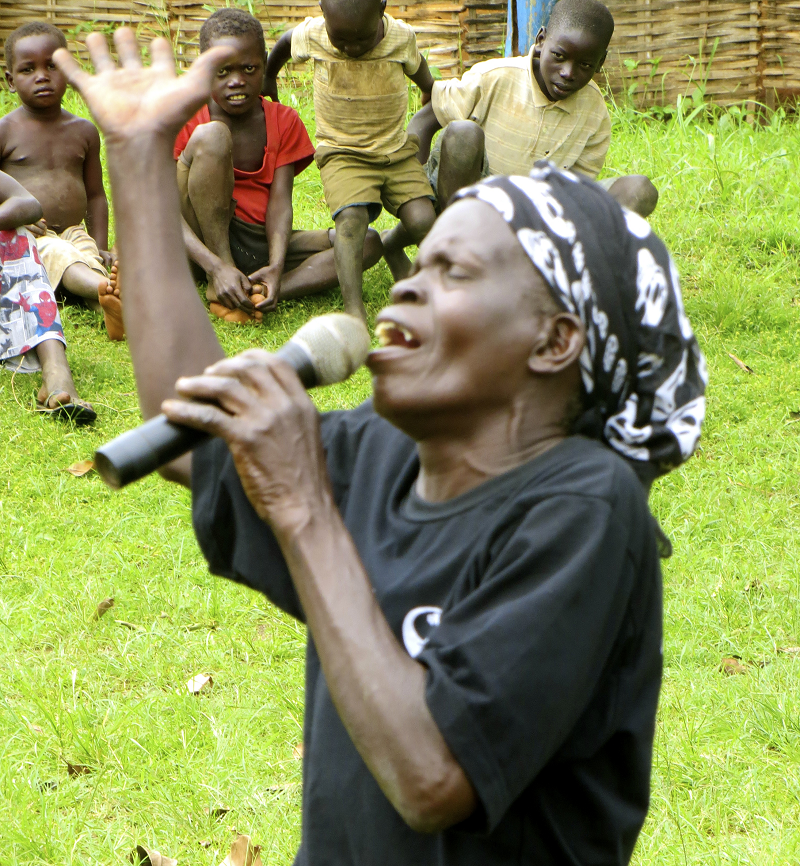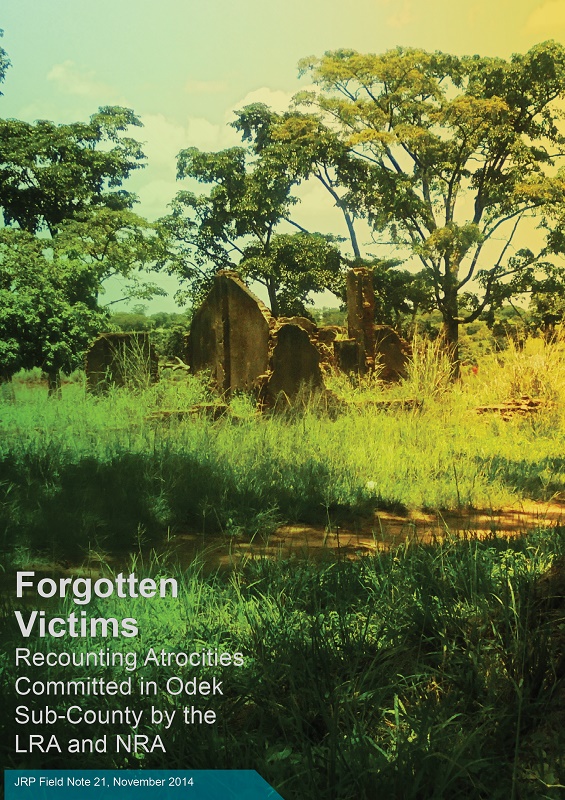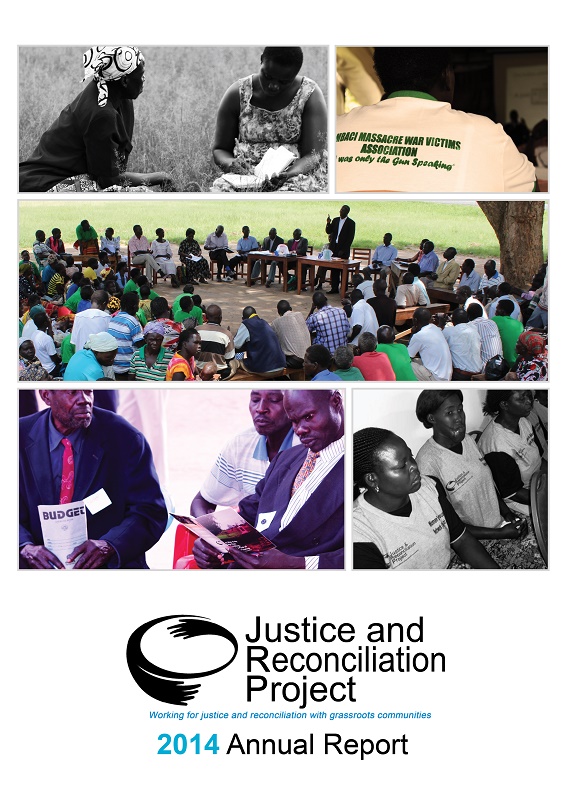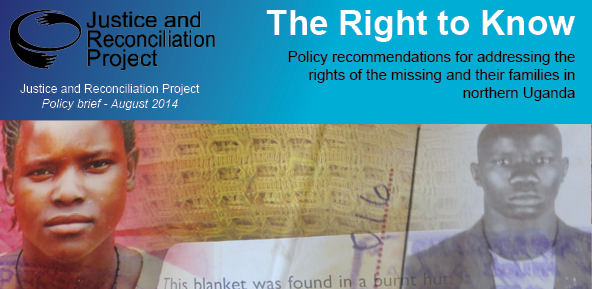Uganda’s army has confirmed the announcement from the US that American and African Union forces in the Central African Republic are holding Dominic Ongwen, a top commander of the Lord’s Resistance Army (LRA) who is wanted by the International Criminal Court.
Recruited by the LRA as a child, Ongwen has allegedly served as an aide to the guerrilla group’s leader Joseph Kony and is wanted for crimes against humanity, with charges that include murder and enslavement. In a 2005 arrest warrant, the ICC noted that Ongwen was a key member of the LRA’s “Control Altar,” the core leadership responsible for “devising and implementing strategy, including standing orders to attack and brutalize civilian populations.” Reports emerged in 2005 alleging that he had been killed, but were disproved following a DNA test.
“We can now confirm he’s the one and we can also confirm he’s in our custody at our base in Obo,” Paddy Ankunda, Uganda’s military spokesman, said on Wednesday. “We think he was just tired of bush life and simply turned himself in.”
Read more:
https://news.vice.com/article/ugandan-forces-confirm-lords-resistance-army-commander-has-surrendered










